
Coronavirus
Here’s what could happen with the Government’s Covid winter plan
4 years ago
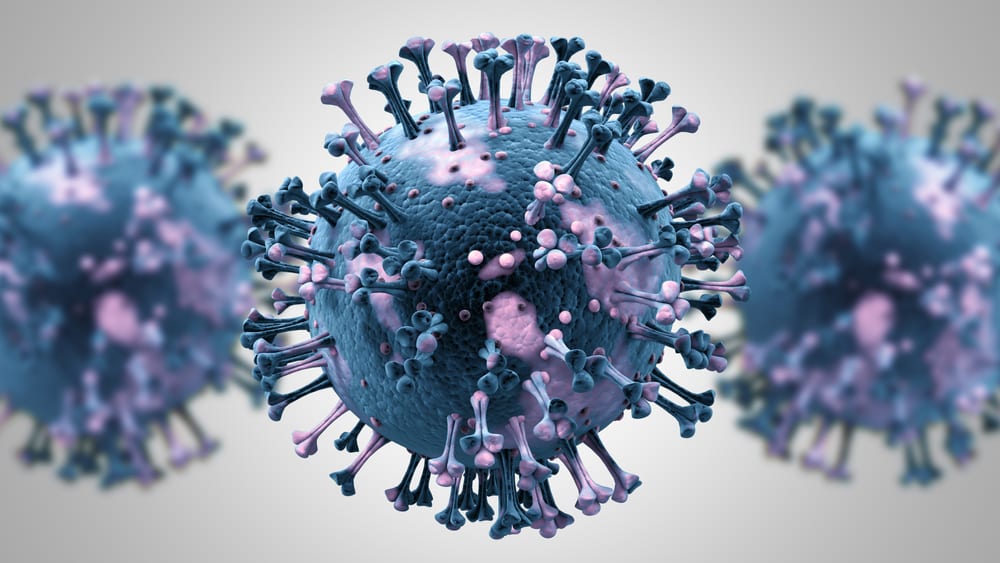
Covid laws that are no longer required will be ditched and plans for vaccine passports for nightclubs and other large crowd venues have been shelved.
Guidance to work from home and the mandatory use of face masks are likely to be retained as options in the Prime Minister’s Covid winter plan, with lockdowns being a “last resort”.
The Prime Minister will tell the nation on Tuesday how the country can learn to live with coronavirus, underlining how vaccinations will be a central part of the response in the coming months.
Covid laws that are no longer required will be ditched and plans for vaccine passports for nightclubs and other large crowd venues have been shelved.
The travel traffic lights system is also expected to be scrapped and PCR tests will no longer be required for fully vaccinated travellers.
Number 10 said another lockdown over winter would only be considered as a “last resort”.
Asked whether ministers would consider a winter lockdown if Covid-19 cases rise, the Prime Minister’s official spokesman told reporters: “We are in a very different place than where we were previously when other lockdowns were introduced, thanks to the success of our vaccine programme and other things like therapeutics treatments for coronavirus.
“We would only ever consider those sort of measures as a last resort and we will set out in more detail tomorrow what our approach will be should we see a significant increase in cases.”
Boris Johnson was tight-lipped on whether he would rule out a winter lockdown, ahead of Tuesday’s announcement on Covid rule changes.
Speaking on a visit to Leicester on Monday, he said: “We’ve got to do everything that’s right to protect the country.
“But the way things are going at the moment we’re very confident in the steps that we’ve taken.”
Earlier, Work and Pensions Secretary Therese Coffey said some regulations may still be needed as the NHS prepares to battle both Covid and seasonal flu in the winter months.
Asked about maintaining the work-from-home advice, she told BBC Breakfast of the need to keep some rules on the table, adding: “Whether that’s with what you just mentioned or making sure statutory sick pay can be paid from day one rather than day four, as tends to happen in more regular times.
“These are the sensible measures I think that we’re going to keep.”
On the issue of masks, she added: “The Prime Minister will be setting out the Covid winter plan tomorrow. I think my approach, and I see that with a lot of employers’ organisations, is about having a situation-specific approach.”
It comes after Health Secretary Sajid Javid said on Sunday that vaccine passports were a “huge intrusion into people’s lives” and there were no current plans to go ahead with them.
However, Ms Coffey said the introduction of vaccine passports had not been “ruled out forever”.
During his visit, Mr Johnson said he wanted to avoid passports too.
“What we want to do is avoid vaccine passports, if we possibly can,” he said.
“That’s the course we’re on but I think you’ve got to be prudent and you’ve got to keep things in reserve in case things change.”
The Government is expected on Tuesday to set out the plans for booster vaccinations, which are expected to be given to the most vulnerable people first.
A decision is first expected on Monday from UK’s chief medical officers on extending the Covid vaccination programme to healthy 12 to 15-year-olds.
The Joint Committee on Vaccination and Immunisation (JCVI) has said the margin of benefit is considered too small to support universal vaccination of healthy youngsters at this time.
But Professor Neil Ferguson, whose modelling was instrumental to the UK going into lockdown in March 2020, has said he is in favour of a booster programme.
The scientist, from Imperial College London, and a member of the Scientific Advisory Group for Emergencies (Sage), told BBC Radio 4’s Today programme on Monday that in the absence of social distancing measures, which he did agree with, “we are reliant on immunity building up in the population”.
He added: “That happens two ways – one through vaccination, and one through people getting infected and so the faster we can roll our additional vaccination, the better in terms of stopping people getting severely ill but also in reducing transmission.”
He said the UK had been leading in Europe on vaccination until recently but other countries such as Spain, Portugal, France, Italy and Ireland “have got higher vaccination levels than us and that’s largely because they have rolled out vaccination of 12 to 15-year-olds faster than us.
“They also vaccinated more recently, and we know now that vaccine effectiveness decays over time, we always expected that, and so they have more immunity in the population.
“They also principally used the Pfizer vaccine which against Delta is somewhat more effective than the AstraZeneca vaccine, so there are a set of countries in Europe with considerably more population immunity than us and I think if we want to stop the risk of the large autumn and winter wave we need to boost immunity in the population.”
Prof Ferguson said vaccinating teenagers with a first shot was the priority as the UK looks at dealing with any autumn and winter surges in Covid. But he said evidence from Israel suggested booster shots for a wider population were “very effective at further driving down transmission and infection”.
Asked whether a further lockdown could be ruled out, he said “I hope so” but added that “you can’t rule out anything completely”.
The issue of vaccine passports has caused growing disquiet among Tory ranks, as well as facing opposition from opposition parties and industry figures.
The decision not to implement them means measures in England deviate from those in Scotland, where a motion on their introduction was passed in the Scottish Parliament on Thursday, while a decision is expected in Wales next week.
Stormont ministers have yet to reach an official position on using vaccine access passports within Northern Ireland.


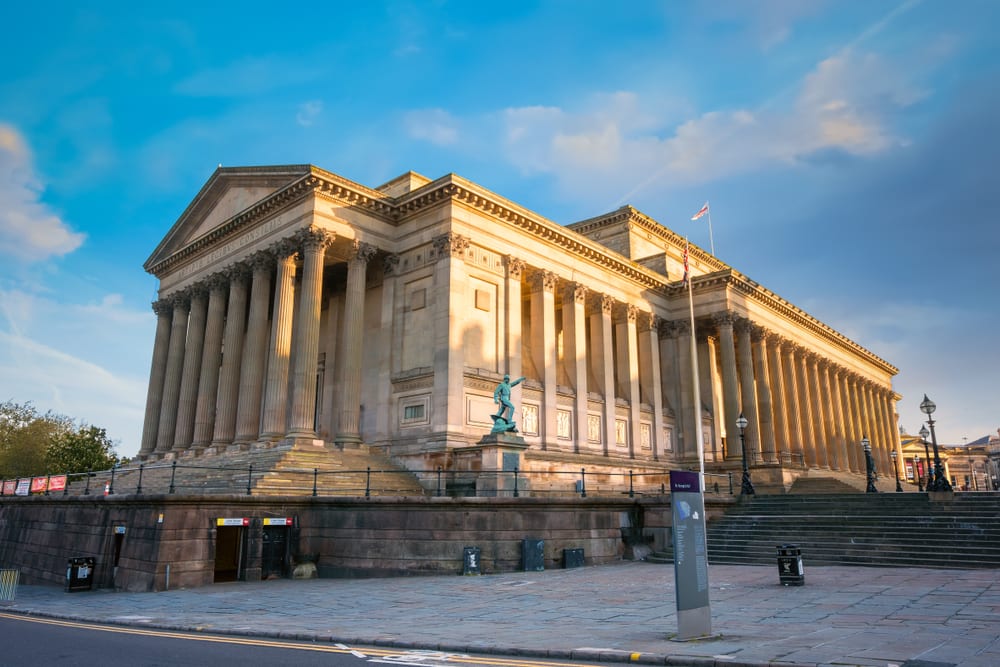

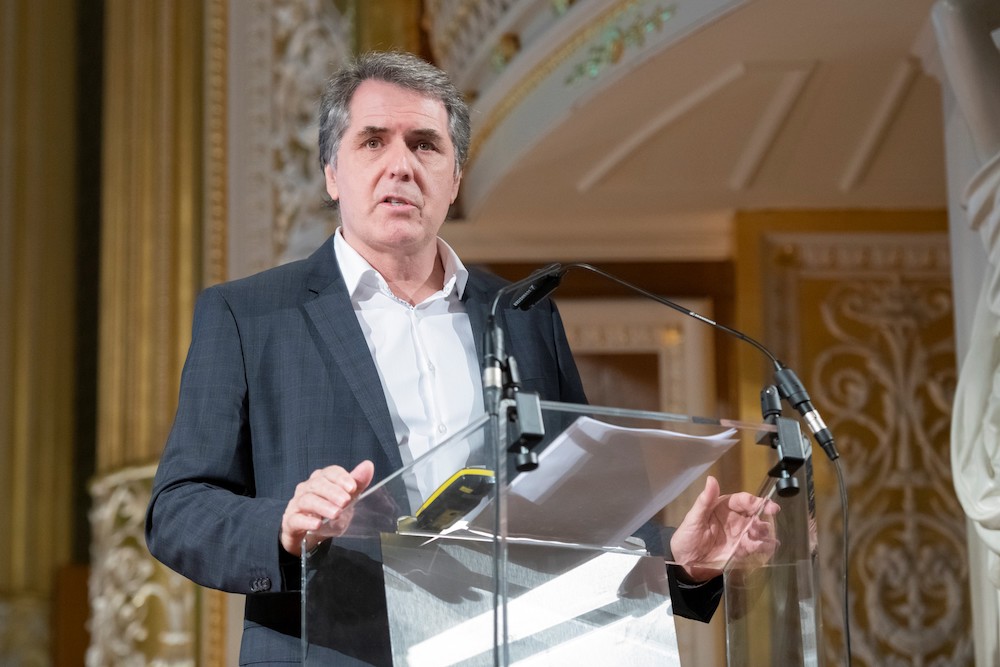
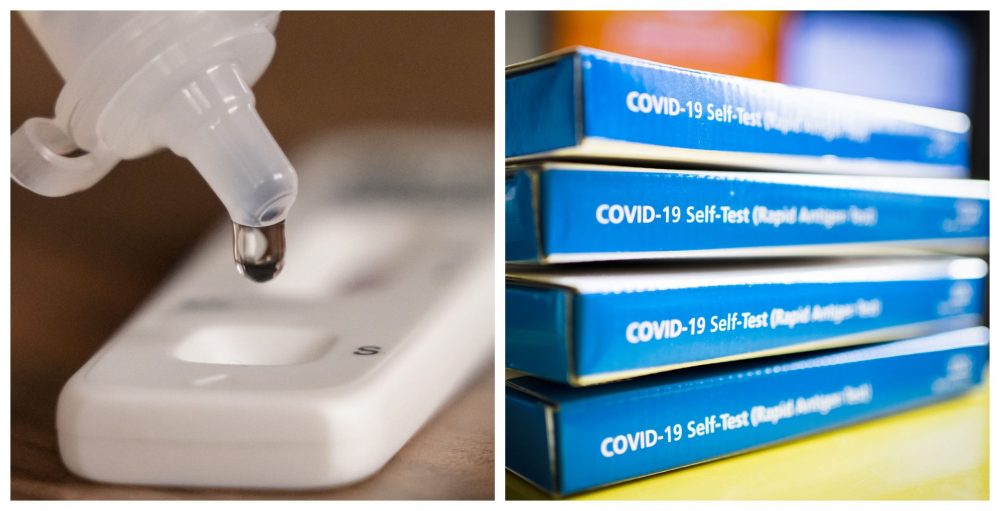

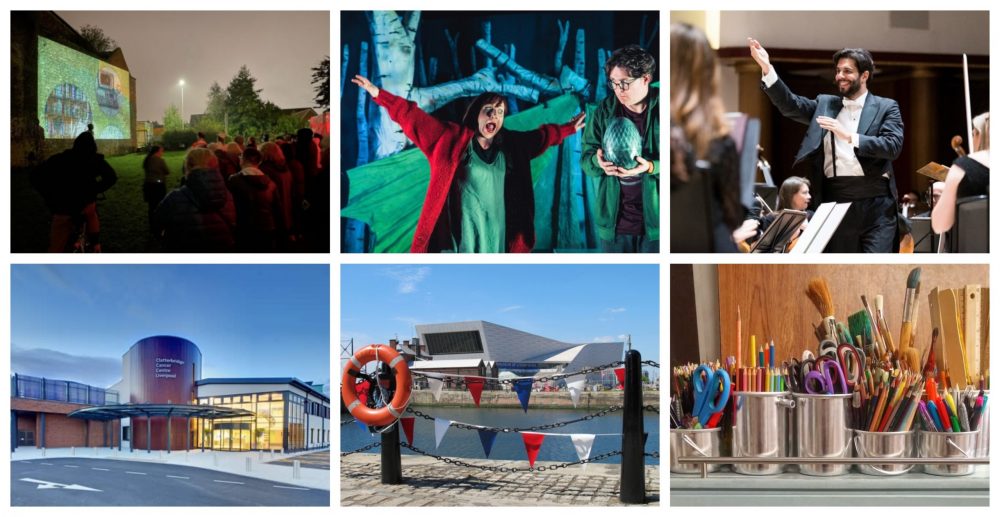
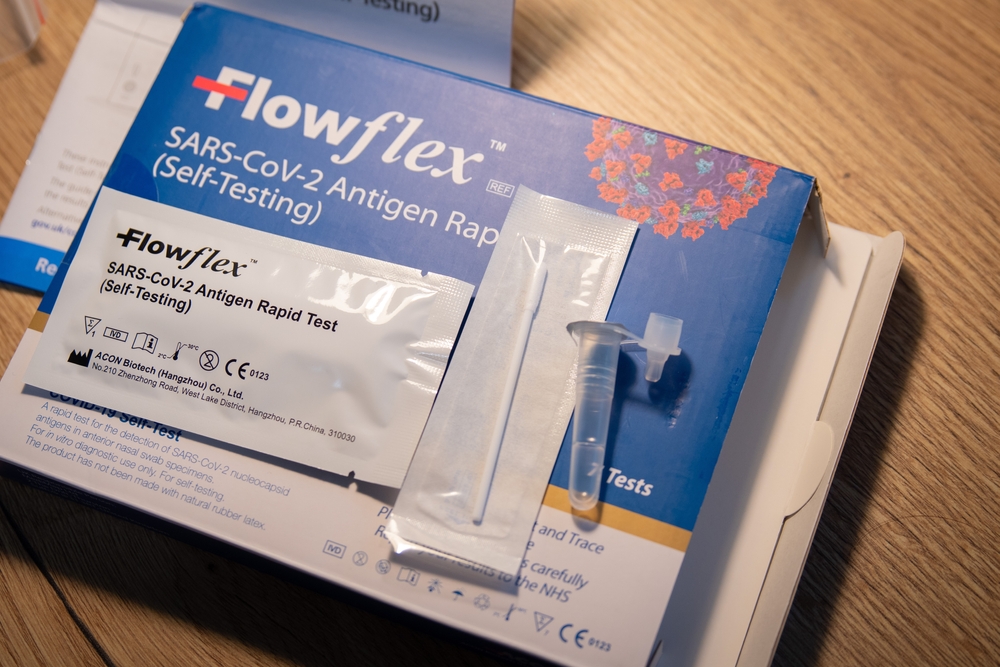
 Subscribe
Subscribe Follow Us
Follow Us Follow Us
Follow Us Follow Us
Follow Us Follow Us
Follow Us Follow Us
Follow Us











